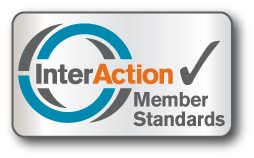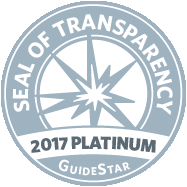Students learning the alphabet in sign language at the Mudula Primary School.
Inclusion is deeply rooted in WEEMA’s community-led development work in Ethiopia. But what does inclusion exactly mean and how do organizations achieve it in their everyday practices, whether in Ethiopia, Bangladesh or Indonesia?
Last month, WEEMA joined global development experts in Washington DC to examine the growing focus on inclusion, and challenges and lessons that can be learned as more NGOs, governments and philanthropic groups make it a bigger priority. The conference, Social Accountability and the Challenge of Inclusion, was organized by the World Bank’s Global Partnership for Social Accountability (GPSA), a seven-year-old coalition that includes 300 organizations.
Among the key takeaways from the conference:
Meaning: Inclusion is focusing on the most marginalized populations who have historically been left behind, including children (especially girls), women, older people and people with disabilities. WEEMA is keenly focused on all of these groups, whether by launching hundreds of Self-Help Groups for more than 2,000 women or providing first-ever primary school access for dozens of children with disabilities.
Giving Voice: Inclusion is about listening to marginalized groups and doing so in ways that give them power and confidence. Too often, solutions are developed without those voices being heard. In the case of education projects, students and their parents should have input – a practice WEEMA follows. “Where are the children themselves? Do they get a chance to (provide feedback)? If not, why not?” said Marinke Van Riet, a director at Voice, a Dutch grant facility that supports marginalized and discriminated people in Africa and Asia.
Framing Matters: In engaging with marginalized groups, avoid making them feel like “beneficiaries” who are poor and powerless. Instead they should be made to feel empowered and mobilized. One speaker captured the sentiment this way: “The question we should ask is, ‘What are your struggles?’ not, ‘How do we reduce your poverty?” said Flavia Milano, Team Leader, Citizen Engagement Policy and Strategy at the Inter-American Development Bank.
Instilling Trust: Marginalized groups are long accustomed to promises that are not kept. To build buy-in, NGOs and governments must meet their commitments and hold themselves accountable. WEEMA has made accountability a key priority in all of its projects. “When you say you’ll come back in two weeks and you come back in two weeks, it builds trust. It gives them more reason to help on projects,” said Charity Komujjurizi, Project Coordinator of the African Freedom Information Centre in Uganda.
All of these insights above align with key pillars of the Movement for Community-Led Development, a group of 64 global organizations, including WEEMA, that participated at last month’s conference. Co-founder John Coonrod expressed optimism that community-led development - and inclusion - are getting far more attention compared to a decade ago.
“Until 2012, this work didn’t even have a name,” Coonrod said, referring to community-led development.





